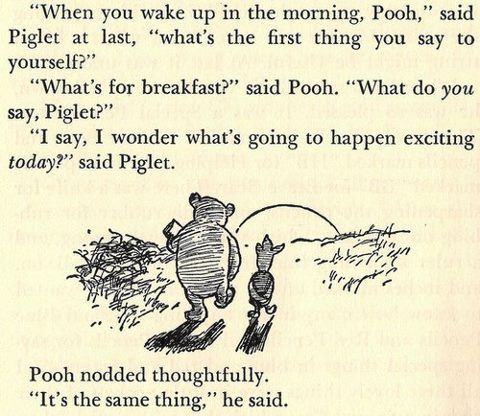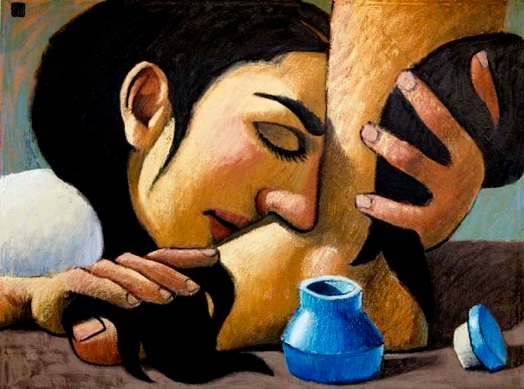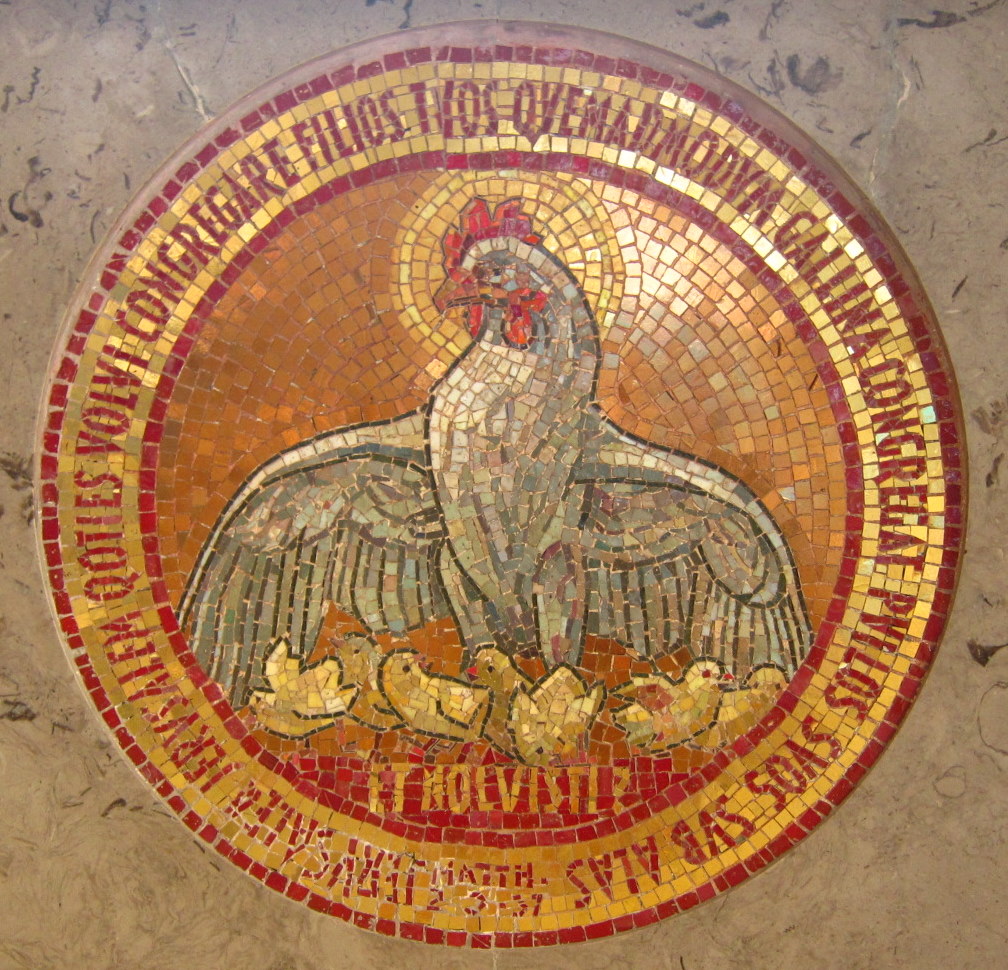Food, Eating & Ethics
Being mindful about what we eat, about our food choices, contributes to the wellbeing of ourselves, our relationships, and this whole world. Let breakfast be a place to pause and give thanks. And pay attention. — Rev Gail *** “When you wake up in the morning, Pooh,” said Piglet at last,“What’s the first thing you say […]





